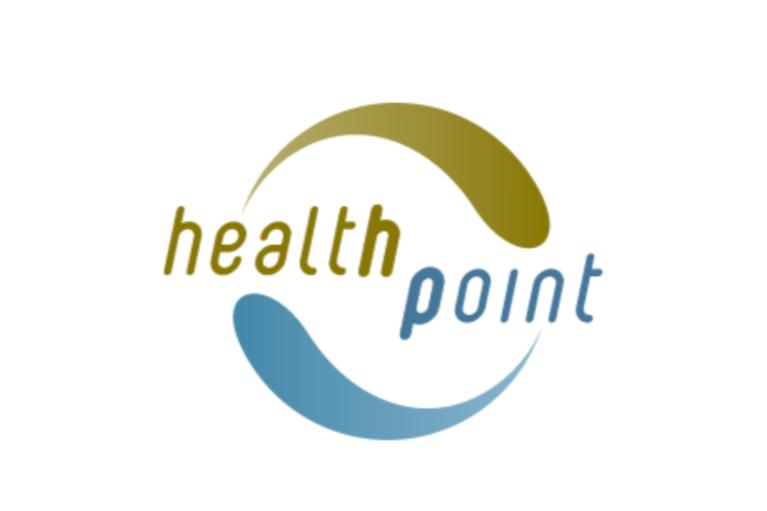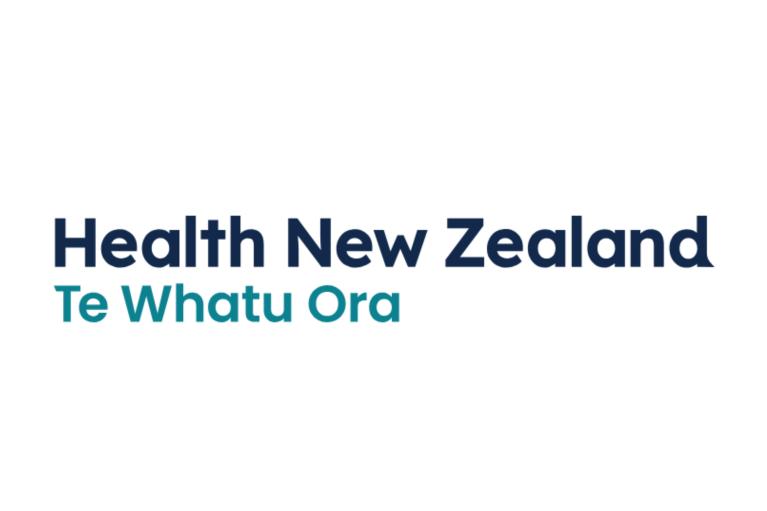A video of Dr Owen Sinclair answering your vaccination questions.
Source: Health NZ - Te Whatu Ora
Key points about vaccination
- immunisation protects tamariki against a range of serious diseases
- vaccination on time is the most effective way to protect hapū māmā, pēpi and tamariki from preventable disease
- vaccinating pēpi the day they turn 6 weeks old is the best way to protect them
- childhood vaccinations are free in Aotearoa
- the benefits of vaccination far outweigh the risks
Why your child needs vaccination
Immunising tamariki in Aotearoa against a range of diseases keeps them safe. These diseases can cause serious illness, cancers later in life, and sometimes death.
In the past, diseases such as diphtheria, tetanus and whooping cough killed many tamariki. Today, vaccines protect aganist these and other diseases.
Immunisation has wiped out some of the killer diseases of childhood in New Zealand.
- tetanus is very rare - although it still happens in children who haven't been vaccinated
- New Zealand is free of polio and diphtheria
But, these diseases still exist in other countries.
Protecting those who can't have vaccination
Vaccination protects your child but it also protects those most at risk. This includes pēpi who are too young for vaccinations or tamariki with weakened immune systems. These pēpi and tamariki rely on those around them being immunised.
Epidemics in Aotearoa New Zealand
There are still epidemics or outbreaks of some diseases in Aotearoa, including:
- whooping cough (pertussis)
- measles
- mumps
Where to go for vaccination
You usually need to take pēpi and tamariki to a GP practice for their vaccination.
Some pēpi and tamariki can have their vaccinations from other services like Māori and Pacific providers or outreach services.

Find vaccination providers in your region on the Healthpoint website.
Vaccinations and timings

The HealthEd website for details of the National Immunisation Schedule, listing the range of diseases children can be vaccinated against, and when the vaccinations should take place. The resource is also available in Cook Islands Māori, Samoan, te reo Māori and Tongan.

Visit the Health NZ - Te Whatu Ora website to find out what vaccinations your child needs, and when.
Make a personalised vaccination schedule
You can create a personalised vaccination schedule for your baby on the Health NZ - Te Whatu Ora website. By putting in your child's birthday, it will show you the vaccination your baby needs and when they should have them.
Some children need extra vaccinations
Some tamariki need extra vaccinations:
- hepatitis B vaccination at birth - for all babies whose mothers have hepatitis B
- BCG vaccination to protect against tuberculosis
- meningococcal vaccination for those at increased risk of types A, C, Y and W
Talk to your health professional about this.
Tips for when babies and children have their vaccinations
Immunisation Tips For Pēpi & Tamariki
After vaccination
Reactions to vaccination
Tamariki can have reactions to vaccination. Most of these are mild, such as redness on the arm or a grizzly child for a day or two.
A reaction is an expected sign that the immune response is building and the vaccine is working. Occasionally, more concerning reactions occur like prolonged crying. Although worrying at the time, research shows there are no long-term problems following such reactions. But, if you are concerned, contact your GP practice.
Paracetamol and vaccination
Tamariki are more likely to get a fever or a high fever after vaccination with MenB (Bexsero). When your pēpi has their MenB vaccine, paracetamol can help lower any fever and make them more comfortable.
Find out more about paracetamol and meningococcal vaccination.
Vaccination - your choice
Vaccination is not compulsory in New Zealand. There is a lot of inaccurate information on vaccination and this can be confusing. It's important to check out the source of the material. Ask:
- is it based on sound evidence?
- is it up to date information taking the latest research into consideration?
- does it relate to Aotearoa New Zealand?
Talk to your health professional.
A video where Louis' parents talk about their anxiety around vaccine side effects.
Source: Health NZ - Te Whatu Ora
More videos about vaccination
Watch a series of 10 short videos answering your questions about immunisation.
Vaccination Videos - Why Vaccinate?
Watch some short videos about protecting your child from serious disease.
Vaccination Videos - Protecting Your Child From Serious Diseases
Whānau talk about their experience of vaccination.
Source: Health NZ - Te Whatu Ora
